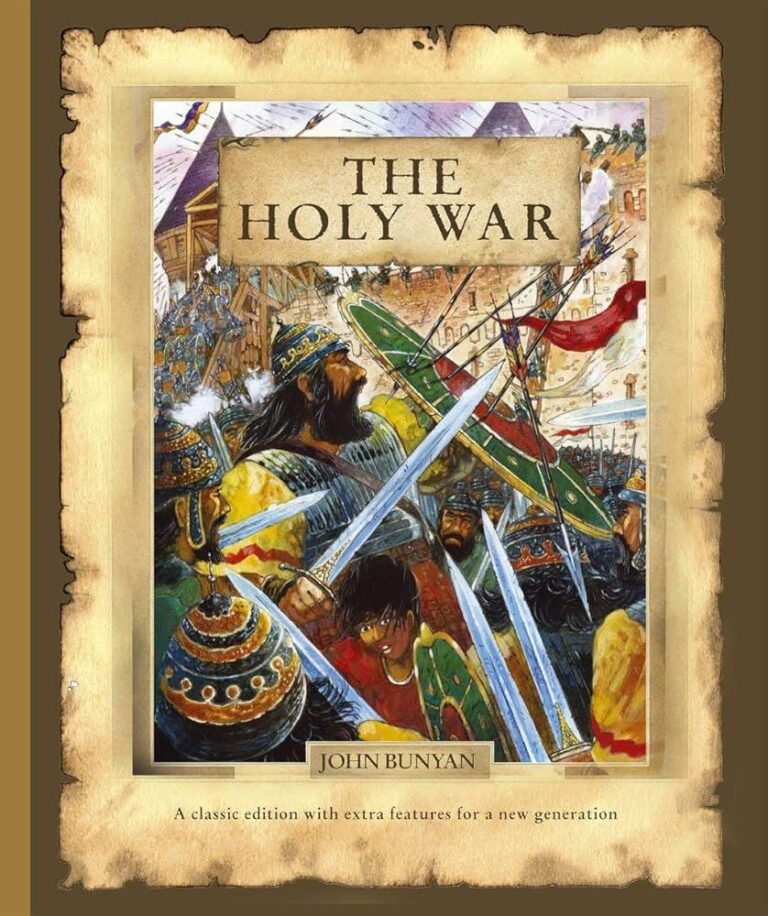Moldova, a nation long caught between East and West, has recently seen a startling new chapter in its political landscape. Reuters reveals how the Kremlin has enlisted Orthodox priests to influence the minds and votes of Moldovan citizens ahead of critical elections. This strategy, blending religion with geopolitics, underscores Moscow’s efforts to maintain sway over its neighbor through spiritual authority and nationalistic messaging. As the country grapples with competing allegiances, the role of the church in shaping electoral outcomes has come under renewed scrutiny.
Holy War in Moldova The Role of Orthodox Priests in Political Influence
In recent years, the Orthodox Church in Moldova has emerged as a pivotal player in the nation’s tense political theater, often aligning itself with pro-Russian narratives. Orthodox priests, revered community figures, have been leveraged as influential voices within grassroots campaigns, delivering sermons and public messages that subtly endorse candidates and policies favorable to Moscow’s interests. This convergence of religion and politics has stirred controversy, with critics accusing clerics of blurring the sacred-secular divide to manipulate public opinion under the guise of spiritual guidance.
Experts note several tactics employed by these religious figures to sway voters, including:
- Mobilizing congregations through emotionally charged sermons that link faith with political loyalty.
- Organizing community events that serve dual purposes: religious observance and political messaging.
- Disseminating leaflets and social media content framing geopolitical alliances as moral imperatives.
| Method | Impact | Target Group |
|---|---|---|
| Sermons | High emotional resonance | Churchgoers |
| Community Events | Strengthened group identity | Local residents |
| Printed & Digital Materials | Broad reach, persuasive framing | Younger voters, social media users |
Tactics and Impact How Russia’s Religious Outreach Shapes Voter Sentiment in Moldova
In Moldova’s complex political landscape, Russian-backed religious outreach has emerged as a potent tool for influencing voter behavior. Moscow’s strategy leverages the deep-rooted presence of Orthodox priests, many of whom are strategically positioned within communities to blend spiritual authority with political persuasion. These clergymen publicly emphasize themes aligned with Russian interests, including the defense of traditional values, skepticism towards Western integration, and the promotion of a shared Orthodox identity. Through sermons and community events, they create an emotional and ideological bond that subtly directs parishioners toward pro-Russian candidates and policies.
Key Tactics Employed:
- Framing geopolitical choices as moral and spiritual battles
- Mobilizing church networks to organize voter drives and rallies
- Disseminating targeted messaging through religious media outlets
- Exploiting communal ties to amplify pro-Russian narratives
| Tactic | Impact on Voter Sentiment |
|---|---|
| Religious Messaging | Increases trust in pro-Russian political options |
| Community Mobilization | Drives higher turnout among conservative voters |
| Media Outreach | Amplifies anti-Western sentiment |
| Personalized Engagement | Strengthens local political loyalty |
Countering Influence Strengthening Secular Institutions and Promoting Voter Awareness in Moldova
The growing involvement of Orthodox priests aligned with Russian interests has notably influenced Moldova’s political landscape, raising alarms about the erosion of secular governance. These religious figures have been reportedly mobilized not only to endorse specific candidates but also to frame political choice as a spiritual obligation, blurring the lines between church and state. This strategy intensifies the pressure on Moldova’s fragile institutions, making it imperative to reinforce the independence and transparency of its electoral framework.
Efforts to empower voters amid this backdrop focus on elevating civic education and promoting critical awareness of misinformation. Key measures include:
- Community workshops facilitating open discussions on the separation of religion and politics.
- Media literacy campaigns aimed at helping citizens identify and resist propaganda tactics.
- Collaboration with neutral religious leaders to return the focus of faith back to spiritual, not political, guidance.
| Institution | Role | Safeguards |
|---|---|---|
| Electoral Commission | Monitor election integrity | Independent audits |
| Media Regulatory Body | Control misinformation | Fact-check partnerships |
| Civil Society Groups | Voter education | Community outreach programs |
Key Takeaways
As Moldova approaches its pivotal elections, the intersection of religion and politics remains a contentious and closely watched front. The recruitment of Orthodox priests by Russian interests to influence voters underscores the complex strategies at play in the region’s ongoing geopolitical struggle. How Moldova’s electorate responds to these pressures could shape not only its domestic future but also the broader balance of power in Eastern Europe.




